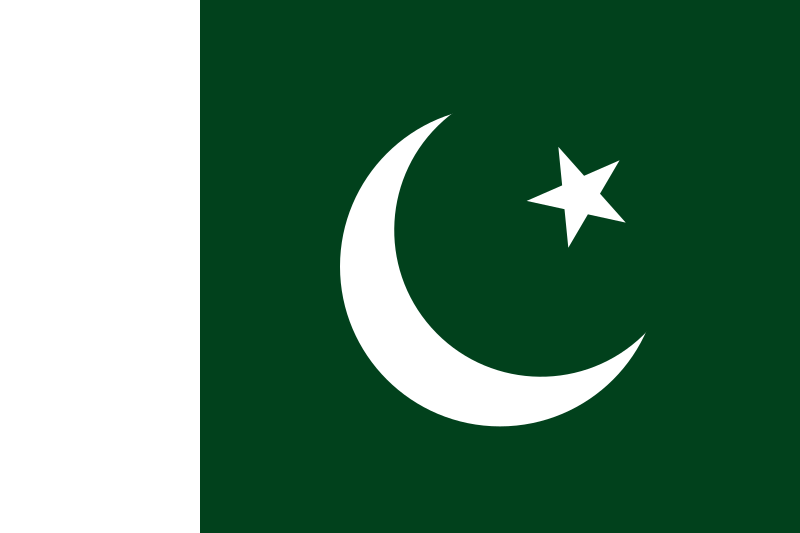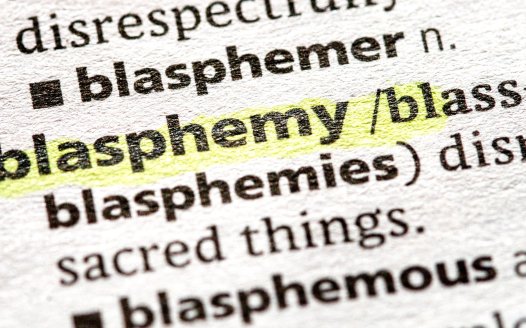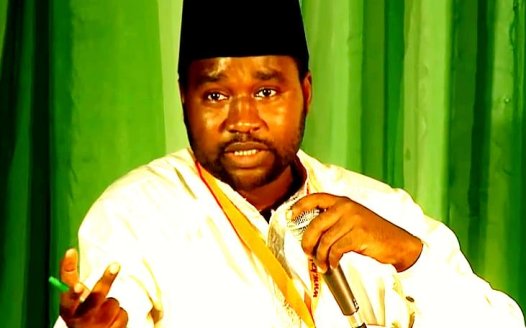Pakistan’s elections will mean little for minorities and secularists
Posted: Wed, 25th Jul 2018 by Basit Mahmood
Religious hardliners have pushed both frontrunners in Pakistan's elections to the right – and neither is prepared to stand up to them, says Basit Mahmood.
Change is in the air according to those campaigning in Pakistan's elections, as Imran Khan campaigns on a platform of toppling the status quo in a country that will see only its second transfer of power from one democratically government to another.
Yet for minorities, women and others who dare to question the influence of religious parties in Pakistan or wish to have equal rights, nothing much will change. Imran Khan may be offering change on almost every front, but not when it comes to tackling the religious intolerance in Pakistan that has cost the country so dearly. There is much the two frontrunners in today's Pakistan elections disagree on, but on the matter of religious intolerance in the country the two have much common ground.
With Imran Khan's PTI party and the PML-N party of jailed former prime minister Nawaz Sharif neck and neck in the polls, both have made a calculated attempt to appeal to religious hardliners to tip the vote in their balance. Imran Khan has made it clear that he intends to fully defend Pakistan's blasphemy laws, laws that are routinely used to shut down debate and target Christian and other minorities living in the country. In 2011 Salman Taseer, former governor of the Punjab and one of the few politicians who dared to speak out against the blasphemy law, was gunned down by his own bodyguard.
This climate, in which religious hardliners have pushed political parties further and further to the right, allowing them to effectively hold the state to ransom was on full display when the Law Minister Zahid Hamid resigned last year following violence and protests organised by religious groups. They were incensed at a change in the wording of an electoral oath for lawmakers, which in the eyes of the protestors had been done to appease religious minorities.
In an ever-growing vicious cycle of intolerance, in March 2017 then Prime Minister Nawaz Sharif announced that the government supported a crackdown on blasphemous material posted on social media. A month later Mashal Khan, a humanist, was lynched and murdered on a university campus by students for allegedly posting blasphemous material online.
Instead of tackling religious groups that target minorities and seek to deny equal rights to others, politicians in Pakistan have either openly courted their support or at the very least have quietly accepted their approval. Imran Khan's provincial government gave $300,000 to the madrassa of Sami-ul Haq, a notorious front for Taliban fighters. Only a few weeks before the election, Pakistan's independent human rights group warned about the influence of radical religious groups in the election, highlighting how banned groups are now operating under new names.
Why do elections in Pakistan matter for Britain and other countries? Because what happens there can easily have an impact closer to home. Asad Shah, the Glasgow shopkeeper was murdered in a sectarian killing by a man inspired by events in Pakistan which led to the killing of Salman Taseer.
Pakistan's leading political parties may well be courting the votes of religious hardliners for short term gain, but they must ask themselves at what long term cost? These hardline groups will expect favours in return and with the real possibility of a hung parliament, Imran Khan may have to rely on their support to form a government. The mullahs who previously held governments to ransom now have a chance to take a seat at the top table.
All of this flies in the face of the vision for Pakistan that its founder, Muhammad Ali Jinnah, had when he stated: "You may belong to any religion, caste or creed—that has nothing to do with the business of the state." One can barely find any political leader in Pakistan uttering such words now.
The white in Pakistan's flag represented Jinnah's, and others', commitment to guarantee the rights of minorities. It is a vision that is being steadily dismantled.
While you're here
Our news and opinion content is an important part of our campaigns work. Many articles involve a lot of research by our campaigns team. If you value this output, please consider supporting us today.









